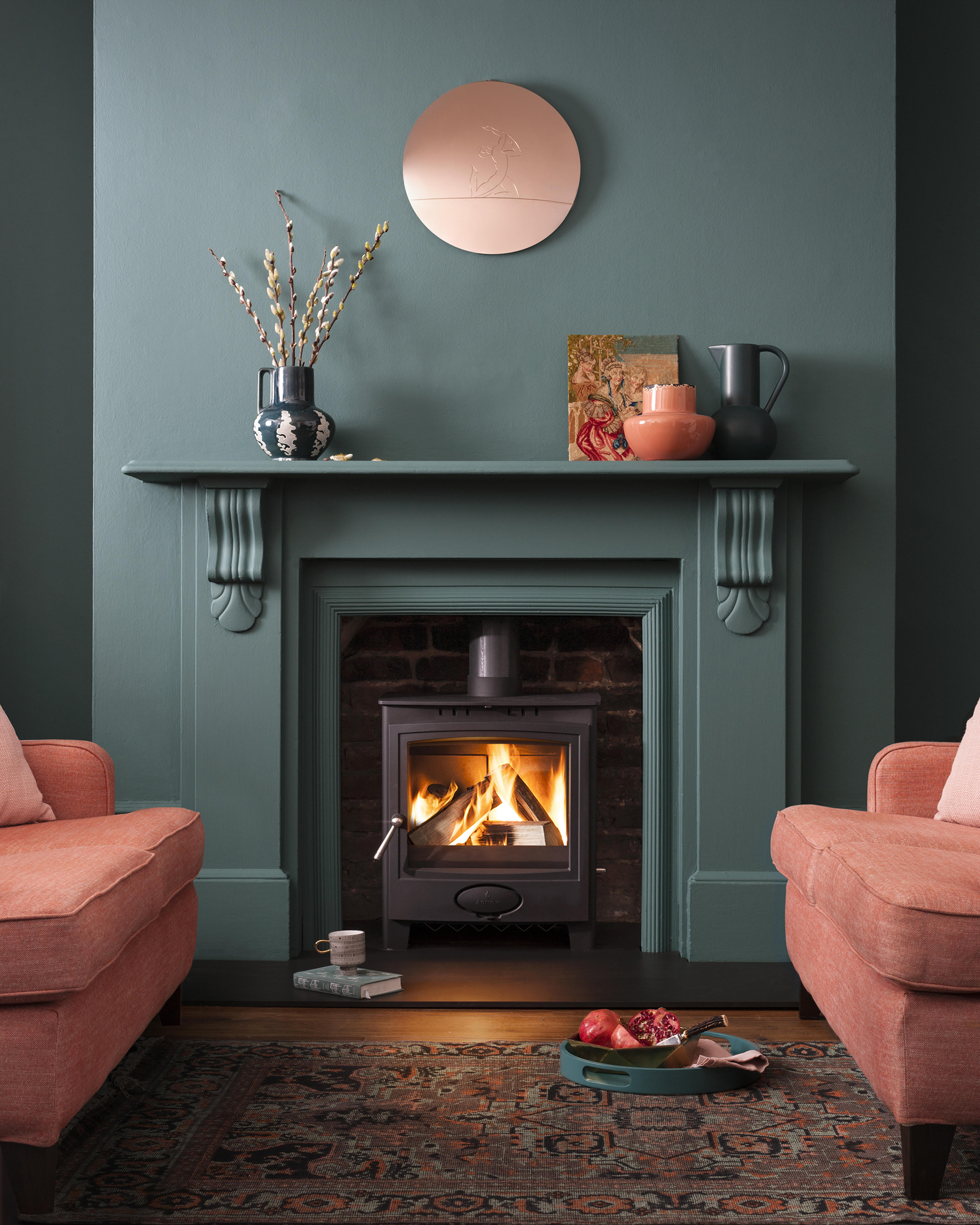How often should you test your smoke detector?
Start the new year right, by testing your smoke detector and ensuring your home and family are safe from unexpected fires.


A smoke detector is a crucial safety device in every home and building, as its primary function is to alert you when fire or smoke is detected to ensure that you are aware of the danger.
However, just having a smoke detector installed is not enough to safeguard your family. You also need to ensure that it's functioning properly and will work in the unlikely event of a fire.
Below, our experts share advice and tips on how often you should test your smoke detector, as it is one of the most important home maintenance tasks to complete in January.
How often should you test your smoke detector?
By following these tips, you can ensure that your smoke detector functions effectively and gives you the necessary warning in case of a fire outbreak. Remember, your safety should always come first, and ensuring that your smoke detector works is a great way to achieve peace of mind.
Monthly testing
Regularly testing and maintaining your smoke detector is an essential aspect of home safety. Cleaning specialist Janille Mangat recommends testing your smoke detector at least once a month. Mostly, smoke detectors come with a test button, which you can easily press to check if it is functioning properly.
If your smoke detector doesn't have a test button, you can use an artificial smoke source such as the Home Safeguard 25S 2.5-Oz. Smoke Detector Tester Spray from Amazon to test it. Testing your smoke detector regularly is essential as it helps you identify faults in the device. Additionally, if you have carbon monoxide (CO) detectors, incorporate them into your testing routine.

Janille Mangat has been working as a cleaning specialist at VMAP services for more than 2 years and has extensive experience with residential and cleaning services.
Battery replacement

Another crucial aspect of ensuring that your smoke detector functions properly is to ensure that the batteries are replaced regularly. Look to replace your smoke alarm batteries every six months, and particularly when doing your smoke alarm tests in October. Most smoke detectors require 9-volt alkaline batteries, such as these 8-Pack 9 Volt Alkaline Performance All-Purpose Batteries from Amazon.
Design expertise in your inbox – from inspiring decorating ideas and beautiful celebrity homes to practical gardening advice and shopping round-ups.
Additionally, some modern smoke detectors come with a long-lasting lithium battery that lasts up to ten years, which is a significant advantage as you will not have to replace the battery too often.
Regular cleaning
‘Dust and debris can accumulate over time and potentially affect the performance of your smoke detector,' says cleaning expert Prerna Jain. ‘Establish a regular cleaning routine based on the manufacturer's instructions to ensure your smoke detector stays sharp and responsive.’
A quick wipe with a soft cloth or gentle vacuuming should do the trick and can be included as part of your regular kitchen cleaning routine.

Prerna Jain is the founder of Ministry Of Cleaning, a top-rated cleaning service with years of industry experience.
Don’t forget the date
In addition to testing and replacing batteries, experts recommend replacing your smoke detector every ten years. The older your smoke detector becomes, the less effective it is. Therefore, it is crucial to stay aware of the age of your smoke detector.
You can find the date of manufacture, expiration date, or replace-by date on the device or on its packaging. Replacing your smoke detector every ten years ensures that you always have an up-to-date and highly functioning safety device.
The more advanced smoke alarm models, such as the Kidde Smart Smoke Detector from Amazon, are now equipped with improved sensors and features. These upgrades can help minimize false alarms caused by cooking fumes or dust, enhancing the accuracy of fire detection. Investing in updated smoke alarms can provide you with a higher level of safety and peace of mind, reducing the need for troubleshooting and potential disruptions.
Check every room

Apart from testing and replacing your smoke detector, there are some other tips that you can follow to ensure your safety. Firstly, make sure that you have smoke detectors in all the necessary rooms in your house, including the kitchen and bedroom.
‘Homeowners should have at least one smoke detector on every level of a home, including the basement,’ says Sardor Umrdinov, CEO of Home Alliance. ‘This ensures that no matter where a fire starts, the alarm can be triggered quickly.’
‘It is also highly recommended to have smoke detectors inside every bedroom,’ Sardor continues. ‘This is especially important because if a fire starts while you're asleep, the alarm in your bedroom will likely wake you up faster than one outside the room.’
You can also consider getting interconnected smoke detectors, which will alert you if there is an outbreak of fire in any part of the house. Regularly test each interconnected unit to make sure they are all synchronized and communicating correctly.

Sardor is the CEO of Home Alliance, an appliance company dedicated to caring for their client's homes as if they were their own. They conduct various services, including appliance repairs, plumbing, and electrical work.
FAQs
Should my smoke detector blink red?
If your smoke detector is blinking red, that may be a sign that your smoke alarm has trapped debris in its system which may be affecting its functioning ability. Try cleaning the smoke alarm and reassembling to see if that fixes the issue.
All household members (especially young children) should be educated about how to respond to a beeping smoke alarm. Have a well-practiced emergency plan in place, including evacuation procedures and meeting points. Teaching everyone how to handle a beeping alarm and what to do in case of an actual fire ensures a swift and coordinated response, increasing the chances of everyone's safety if an emergency occurs.

Seraphina is a contributing editor at Homes & Gardens, writing Solved features on organizing and storage. She loves to decorate and also grow her own produce from her home in London. Her previous experience includes working at Women's Health and Fabulous Magazine.